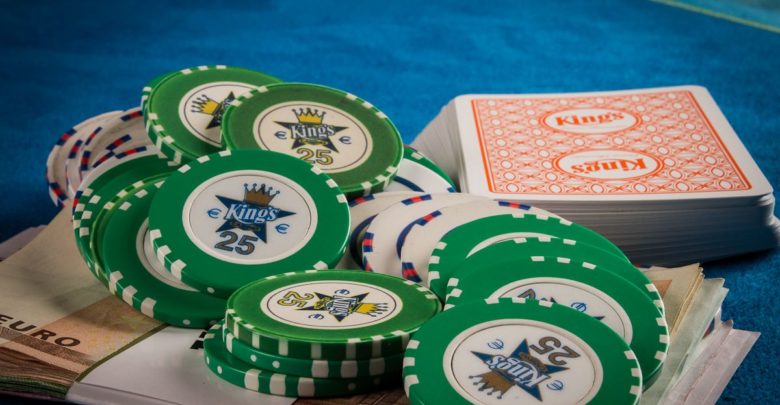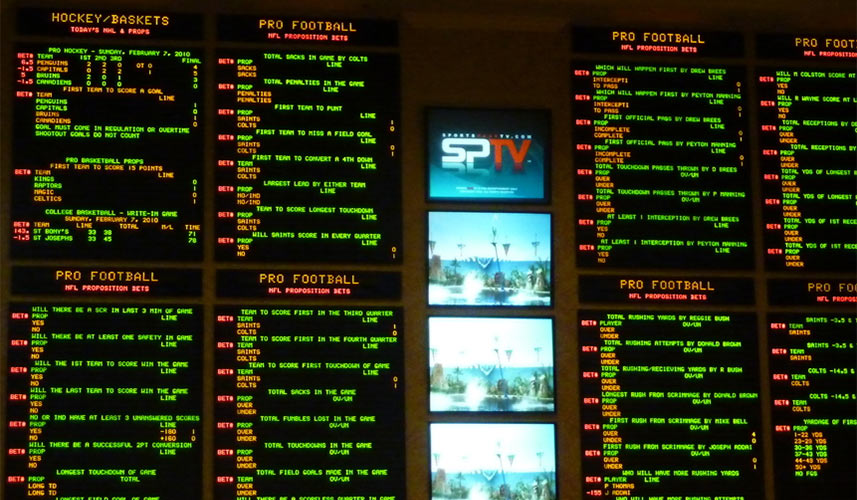Don’t Bloat the Pot with Medium-Strength Hands

Poker is one complex game, that is for sure. It can take years to get a hold of even the most basic principles of the game and be able to effectively execute them while at the felt. Texas Hold’em can be particularly challenging. Learning which hands trump others, how to build a hand, and when to stay in a hand are all the key, as well as tough to master. However, simply being able to do keep these basic tenets in order while playing is not enough if you want to be successful at poker and take your game to the next level.
Reaching that next level in poker means learning how to build pots you can win, and this is where it gets very tricky. After all, this is what every player wants to do. They want to build a hand they can win with at the same time they are building the pot up slowly. The key to doing this is to learn how to properly judge your hand and build the pot appropriately. Knowing just what you are holding in context to your opponents is crucial to this success, and it all starts in your hand. The biggest mistake players make is bloating a pot with only a medium-strength hand. Here, we have some simple rules to help you avoid doing just that. These are the important, and easy, keys to remember the next time you enter any poker game you want to win and make yourself some money.
Hand Strength Confidence
There are several keys to judging your hand strength, but the first and most important one is your own ego. Some players—not all, and hopefully this does not apply to you—insist they can win with any hand. They’ve played thousands of hours of Hold’em and know the game inside and out and are excellent at reading their opponents and there’s just nothing that’s going to ever stop them from taking every pot they see. These players are easy to spot as they usually lose quickly, grumbling the whole time. (Don’t be this guy. No one likes this guy.)
While confidence in poker is good, it can also be detrimental. You must be honest with yourself about what you are holding in context to what every other player may be holding. Your strategies and success all starts here. Being able to properly judge your hand as a soft one, medium-strength, or solid is key and will put you ahead of a few players at your table just by looking at your cards and making an honest assessment.
Soft and Solid Hands
It goes without saying that you simply should not be building the pot when you draw a soft hand. Also, when you draw a solid hand, you want to build up the pot as slowly as possible to draw in as much action as you can. These are the standard rules and are always effective. Are there other ways to play these types of draws? Of course. If you are a master at bluffing and have the table set up to deliver a crushing bluff that will draw in all the marks at your table, go for it. If your draws are hot and you keep getting winning hands dealt to you, and you want to make a big splash with a large bet to scare your opponents, go for it. However, as you should know, poker is a marathon, and playing consistently will ultimately reward you in the long run. If you have a bad hand, get out. If you have a good hand, stay in. It is just that simple.
Medium-Strength Trap
With this in mind, it is obvious that the medium-strength hand is the toughest to gauge so let’s jump in there, but let’s not forget our thesis. We have a medium-strength hand, and we do not want to blot the pot. Obviously, you don’t want to bloat the pot because with a medium strength hand, you only have a medium-sized chance of winning said pot. Staying in too long in a hand is a huge mistake inexperienced players constantly make, and this is the trap of the medium-strength hand. It is not a bad hand, and you may be just a card at the turn away from making it a great hand. However, it is not a solid hand as you are still a card away. It is how these hands are played that separates the good poker players from the bad.
It is important to remember that you can keep playing without bloating the pot and throwing away chips in the process. You can stay in as long as you can by checking, a minimal amount of raising, or simply getting out. The feel of the table is key here, as if the remaining players are playing it out in a conservative way it can pay to stick it out. You are only one card away, after all. But you must be very aware of what you can afford. Every move you make at the table means something, and not giving your money away is the most important move. If you have a medium-strength hand, realize it and know your limitations before continuing.




